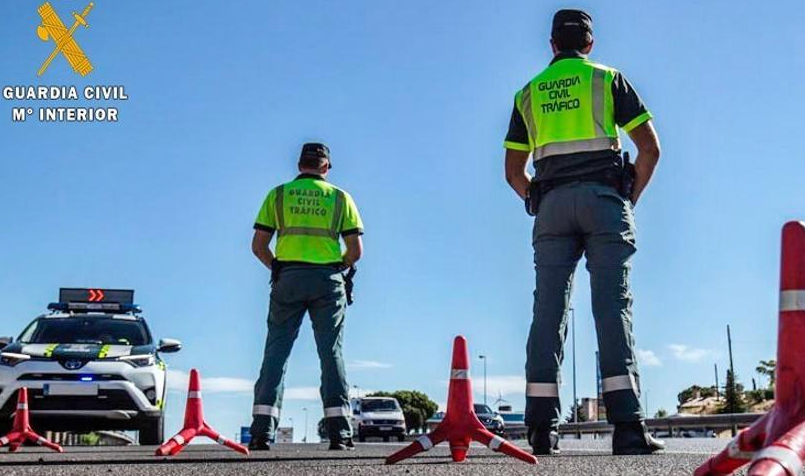The number of people caught driving in Spain without a valid license has increased dramatically since 2018. The latest data from the Ministry of the Interior show an alarming 31% rise in arrests. This highlights the growing importance of road safety and the need to be aware of the consequences.
Spain is experiencing a worrying trend: the number of arrests for driving without a license has significantly increased since 2018. Based on a request to the Ministry of the Interior’s transparency portal, a total of 141,182 people were arrested for this reason in 2024. Compared to the 107,609 arrests in 2018, this represents an impressive increase of 31.21%.
Continuous Increase in Offenses
The development of arrests between 2018 and 2024 shows an almost continuous upward trend, with one notable exception in 2020. The detailed figures for arrests due to driving without a driver’s license are as follows:
- 2019: 108,264 arrests
- 2020: 91,750 arrests (decline, possibly due to the pandemic and lockdowns)
- 2021: 127,159 arrests
- 2022: 138,326 arrests
- 2023: 135,573 arrests
These figures illustrate that driving without a license remains a persistent problem on Spanish roads.
Requirements for Driving in Spain and Controls
To legally drive a vehicle in Spain, a minimum age of 18 and possession of a valid driver’s license of the appropriate category are mandatory. For passenger cars, this is the Type B driver’s license. Obtaining this document involves a medical examination as well as a theoretical and a practical driving test.
In addition to the driver’s license, other documents are necessary for legal traffic:
- Valid ID card (DNI) or Foreigner Identification Number (NIE)
- Vehicle registration document with a valid Technical Inspection (ITV)
- Mandatory motor vehicle insurance
To verify these requirements and the validity of the driver’s license (including points), regular checks are carried out on Spanish roads. These can be routine or due to traffic violations. Various police forces are responsible for these controls:
- The Guardia Civil Traffic primarily operates on interurban roads.
- The local police monitor traffic in urban areas.
- The National Police can assist in controls if needed.
The General Directorate of Traffic (DGT), an agency under the Ministry of the Interior, is the central point of contact for issuing, renewing, and managing driver’s licenses in Spain. It is also responsible for the general regulation, monitoring, and ensuring road safety on Spanish roads.
Severe Consequences: Penalties for Driving Without a License
Driving without a license poses a significant risk to road safety. Those who drive a vehicle without the required driver’s license demonstrate a lack of knowledge and practical skills. This increases the risk of causing or suffering accidents, endangering not only the driver’s life but also that of other road users.
In Spain, driving without a license is considered a very serious offense according to Article 384 of the Criminal Code. This applies to cases where someone drives a vehicle:
- Without ever having obtained a driver’s license.
- After losing all points on the driver’s license.
- After the driver’s license has been judicially, provisionally, or definitively revoked.
The penalties provided for this crime are severe:
- Imprisonment of three to six months.
- Fine of 12 to 24 months.
- And/or community service of 31 to 90 days.
These penalties apply regardless of whether the offender has already been convicted of similar offenses. In the event of reoffending, the penalties can be even stricter. If the defaulting driver has a valid driver’s license, this can also result in the loss of points.
Furthermore, committing this offense can have serious negative effects on personal and professional reputation, for example, making it difficult to access certain jobs (especially in public service). It can also negatively impact the conclusion of motor vehicle insurance, as insurers consider the driver a high risk, which can lead to significantly higher premiums or even refusal of coverage. Stay informed about the latest news and always abide by traffic rules.




